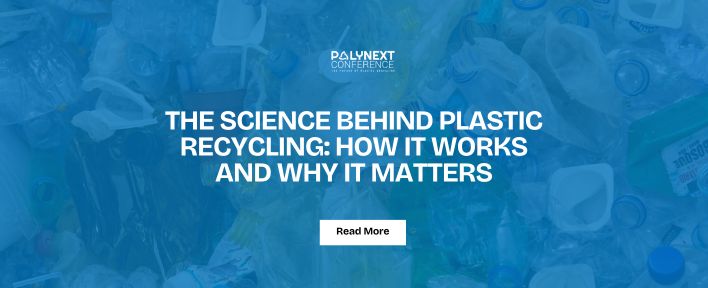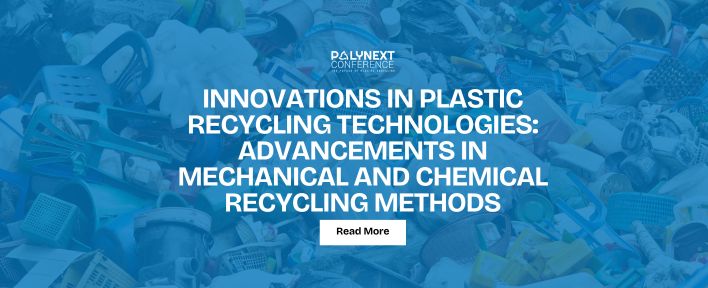Plastic bags have long been a symbol of environmental degradation. Campaigns, policies, and public sentiment have often painted them as the ultimate villain in the fight against pollution. However, the narrative surrounding plastic bags is sometimes clouded by misconceptions. This article aims to separate the myths from the facts and provide a clearer perspective on plastic bags and their environmental impact.
Myth 1: Plastic Bags Are the Largest Contributor to Pollution
Fact: Plastic bags make up a small percentage of overall pollution.
While they are highly visible, plastic bags account for less than 1% of the waste stream. According to environmental studies, industrial waste, discarded electronics, and larger plastic products like bottles and containers have a far greater share in global pollution.
Myth 2: All Plastic Bags Take 1,000 Years to Decompose
Fact: The decomposition timeline depends on the type of plastic bag.
Traditional single-use plastic bags can take hundreds of years to break down in a landfill due to the lack of oxygen and sunlight. However, advancements in materials have led to the development of biodegradable and compostable plastic bags, which decompose much faster when disposed of correctly.
Myth 3: Paper Bags Are a Better Alternative
Fact: Paper bags have their own environmental challenges.
While paper bags are biodegradable and made from renewable resources, their production is resource-intensive. It requires significant amounts of water and energy, and the process often involves deforestation. Additionally, paper bags are heavier, leading to increased transportation emissions.
Myth 4: Reusable Bags Are Always the Most Eco-Friendly Option
Fact: Reusable bags are beneficial only when used extensively.
Reusable bags, often made from cotton or thicker plastic, have a higher environmental footprint during production. For instance, a cotton tote bag needs to be used hundreds of times to offset its production impact compared to a single-use plastic bag. The key to their eco-friendliness lies in repeated use.
Myth 5: Plastic Bags Cannot Be Recycled
Fact: Plastic bags are recyclable but require specific facilities.
Many people assume that plastic bags are not recyclable because they are not accepted in curbside recycling programs. However, specialized facilities can recycle them into products like decking, park benches, and new bags. Encouraging the use of designated drop-off locations can help divert plastic bags from landfills.
The Bigger Picture: Addressing the Problem
Rather than singling out plastic bags, tackling pollution requires a broader approach:
- Reduce: Minimize single-use products, including plastic and other materials.
- Reuse: Opt for durable, long-lasting alternatives to single-use bags.
- Recycle: Ensure proper disposal of plastic bags through specialized recycling programs.
- Educate: Promote awareness of the myths and facts about different materials.
Conclusion
Plastic bags are undeniably a challenge for the environment, but they are not the sole culprit. Effective environmental solutions must consider the full lifecycle and impact of all materials, not just plastic. By addressing myths and focusing on sustainable habits, we can make more informed choices that benefit both the planet and its inhabitants.
Remember: Awareness and action go hand in hand for a cleaner, greener future.




